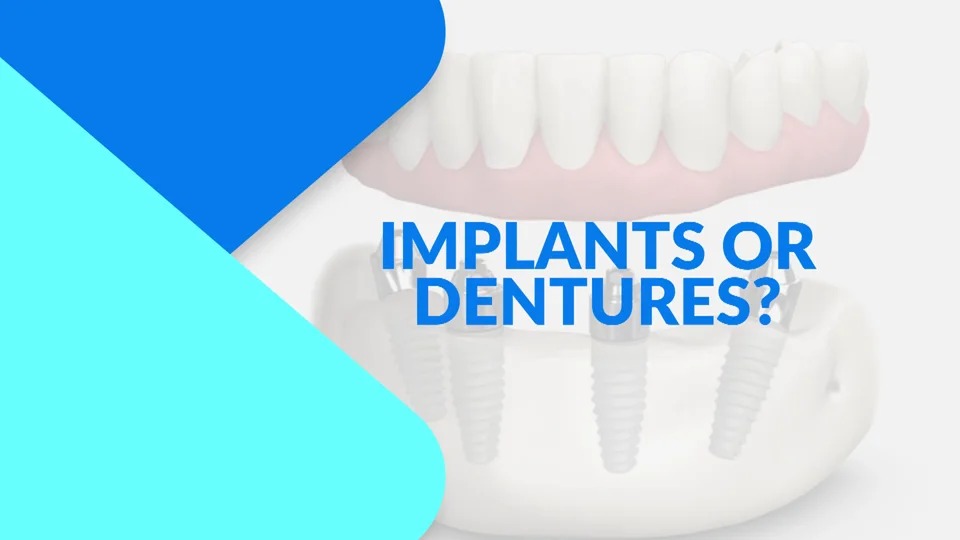Crowns and Bridges and Implant-Retained Crowns and Bridges
![]()
Natural Looking Crowns & Bridges Replace Missing Teeth In Rancho Mirage
Traditional & Implant Retained Crown & Bridges By Dr. Christian Lazar
Crowns and bridges are restorative dentistry techniques replace missing teeth with permanent prosthetics. Made to resemble the appearance of natural teeth, they restore function and appearance to the mouth after restorative procedures such as root canals. Modern dentistry also uses them as an integral part of implant therapy, as individual teeth are finished off with a cap or crown and several missing teeth are replaced with a bridge attached to the titanium posts installed for implants.
Crowns
Placed over an individual tooth, a crown is often made of porcelain, although stainless steel, gold, alloyed metals, porcelain-fused-to-metal, resin, or ceramic can be used as well. Porcelain crowns are very popular as they can be made to in the color, shape, and size of natural teeth, while being strong enough to last for years.
They are often used to replace portions of the tooth lost due to decay or after root canals .They are also used to attach bridges after the supporting tooth is cut down, to prevent a cracked tooth from becoming worse, to stabilize an existing filling in jeopardy of becoming loose or dislocated, or to cover stained or discolored teeth. There newest use is to cover implants, as they are screwed on the post the dentist implants. The result looks great, while allowing the synthetic tooth to function more like a natural one.
Bridges
When a section of teeth are mission, a bridge can be custom made to fill the gap and both restore the proper bite relationship between upper and lower teeth and the natural contour of teeth. These natural-looking dental appliances are most often made of porcelain, gold alloys, or combinations of materials.
Dental bridges can be fixed after being permanently attached to the mouth with adhesive or hooked unto existing teeth so that they are removable. There are several styles of permanent bridge:
- Traditional bridges, the most popular type, are held in place by crowns attached to natural teeth on either side of the space.
- Cantilever bridges support the bridge or pontic with an abutment placed on one side of the missing teeth when there is only a natural tooth on that side. These bridges can result in fractured teeth or loosened crowns under stress.
- Maryland bridges use a porcelain or metal framework bonded to the backs of adjacent teeth to support the bridge. This conservative technique might not be strong enough for teeth used with intense biting force, such as molars.
- Implant-supported bridges attach to implant posts for natural appearance and feel. While a crown can be installed on every post, a bridge can be suspended between two implants to fill a space.
Installing Crowns Or Bridges
To accommodate a traditional crown or bridge, a tooth must usually be reduced in size by removing the enamel. (This is an irreversible process, as the tooth must always be covered by a crown once the enamel taken away.) The dentist will then take an impression from the existing tooth so that a custom-designed crown can be made at a dental lab. Until the permanent crown is ready to be cemented in place, a temporary crown is installed.
Crowns or bridges used for implants are attached to the post the dentist has placed in the mouth. There is no need to remove enamel to shape adjacent teeth to accommodate the implant. Because new teeth are screwed in place, there is also no need for adhesive and no risk of the teeth becoming loose in the future as a result of eating brittle foods, ice, or hard candy.
Caring For Your Bridges And Crowns
Caring for any type of crown or bridge require good oral hygiene that involves brushing and flossing. You should see your dentist twice a year for checkups, especially if you have implants.
If you are interested in a crown or bridge of any type, call us today at (760) 674-8881.








